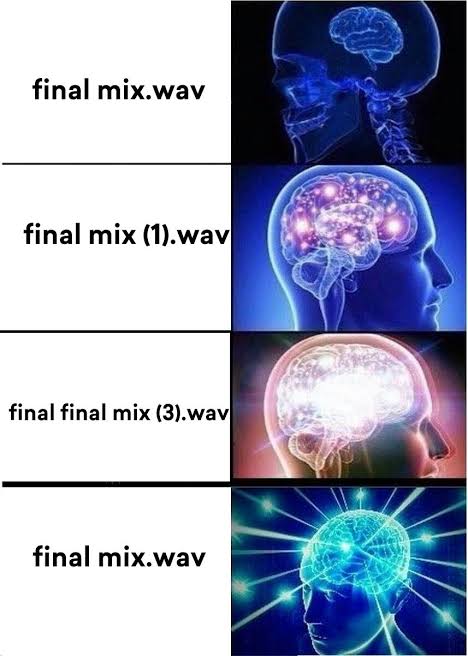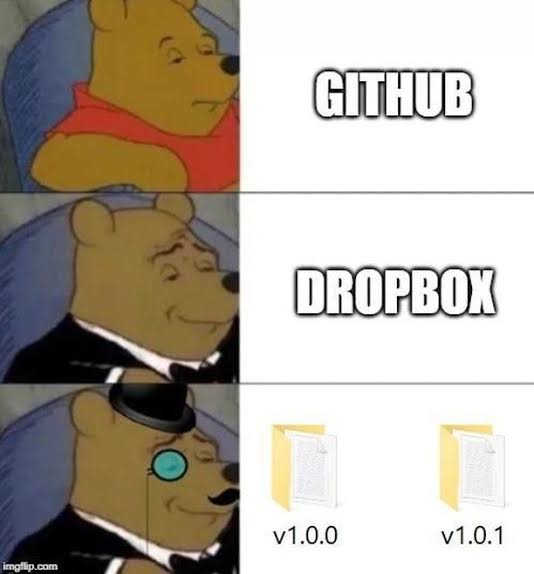Version Control
Advertisement:
Remember the times when you’d export the finished work into a carefully typed filename, suffixed with _final, only to then get a call from the client informing you of a minor change that has happened in the original idea? Apart from getting frustrated by the last minute way-too-late update, you’d recall re-opening the session, making some changes and then re-exporting the file with, wait for it, _final_2 and then realising that you forgot to use ‘Save as’ feature of your software and now you don’t have access to the previous version (yea yea, you can undo a couple of times and then save-as the old version, but what if you had closed the app before doing this?) This problem is industry-independent. Everyone at some point has faced this trivial problem. But only a few have really done something about it. IT industry is a pioneer at that. While, even in 2023, not many workflows in the audio industry involve people using same DAW session in real-time, most of the work that happens in IT such as writing code happens on the same project by 100s of people adding their part of the effort, daily. And they still manage to keep it all bearable. Do the clients not ask them for last minute changes? Absolutely not. Somethings never change. This is also an industry-independent ritual. However, one skill (yes I’m going to call this a ‘skill’) that saves the developers from smashing their heads into the wall is Version Control. That’s all I’m going to say in this post. Go do some Google Search (or Bing if you’re reading this in the future and Microsoft’s OpenAI deal worked out well) and explore how your work can make use of this ready-to-use strategy.

Written by Prashant Mishra
Audio Developer Conference (ADC) | Game Audio India | National Institute of Design | Music Hack Day India | Music Tech Community | Previously contributed to School of Video Game Audio
